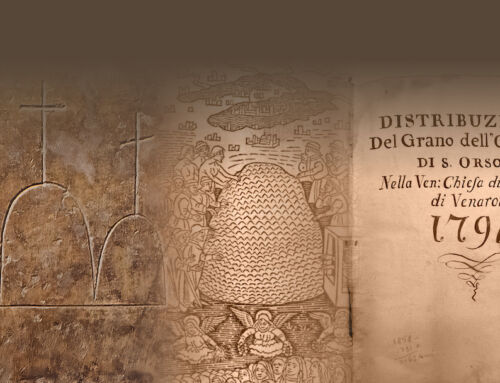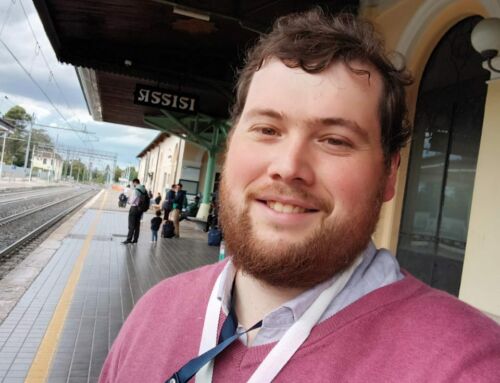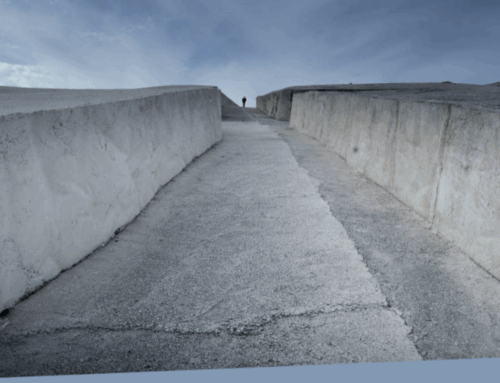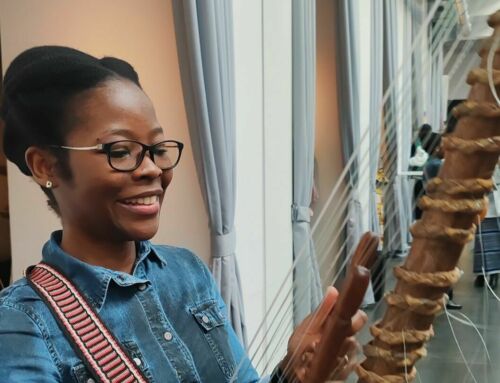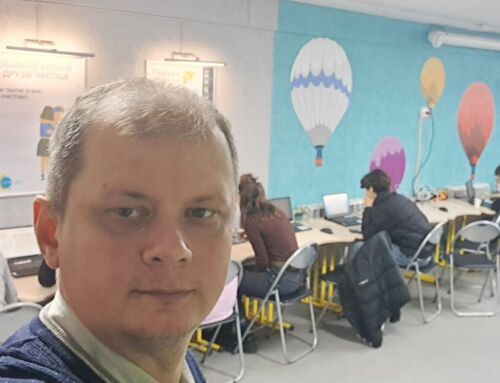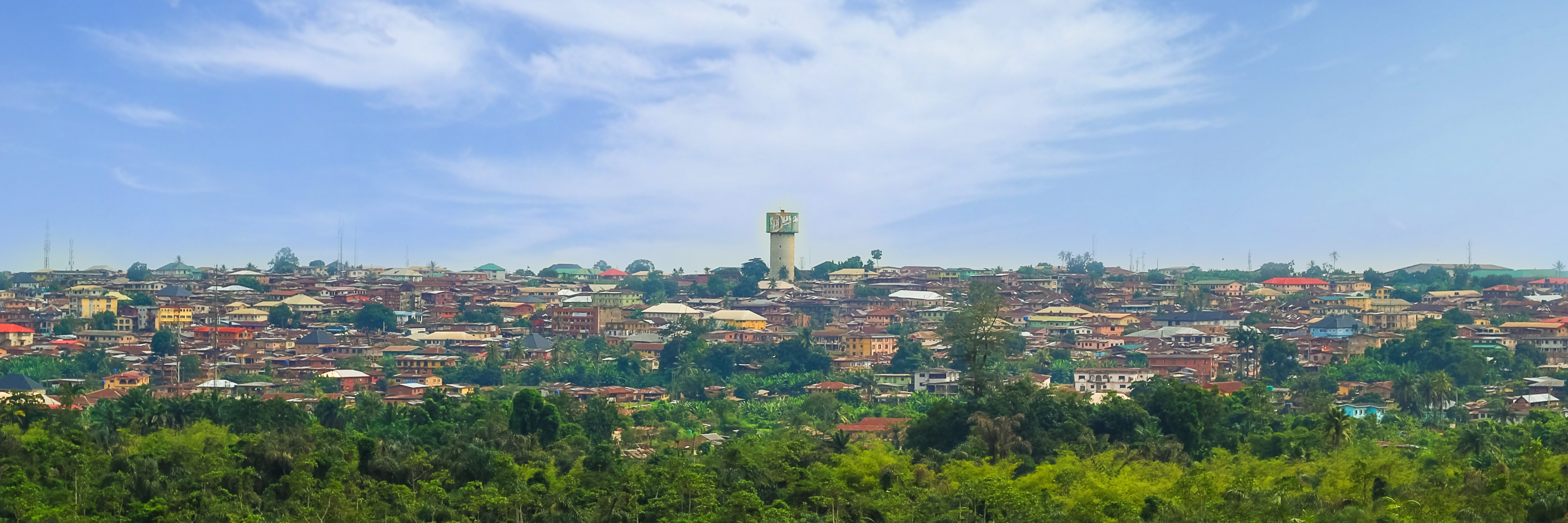
The NGO Jevev. The water Hyacinth of Benin: poison turned into green gold
By Maria Gaglione, Avvenire
The Economy of Francesco in Africa: the compost-producing weed has become a resource for local agriculture
An astounding tropical beauty, the water hyacinth is an aquatic plant with purplish flowers, thick stems and leaves. Native to South America, it has been widely introduced worldwide. In many places, it has become an invasive species, in some cases a pest. In its natural environment, it is a water purifier. But in the absence of its natural enemies, Eichhornia crassipes spreads rapidly and covers the surfaces of lakes and rivers, forming a physical barrier that hinders navigation. It prevents sunlight from reaching indigenous aquatic plants, slows the flow of water and reduces the oxygen content that leads to the death of fish and turtles. Hence, a serious threat to ecosystems and biodiversity.
Henri Totin, an entrepreneur expert in the green economy, director of the NGO JEVEV (Jeunesse et Emplois Verts pour une Economie Verte) lives in Benin. Like a movie script, based on a true story, Henri narrates a fact whose protagonists are a plant and a community. Title: the ‘magic’ compost. But there is nothing magical about it. There is a lot of work, study, research, and numerous international awards received. Like other natural fibers, water hyacinths have been used for decades to make small items such as mats or baskets. But sporadic harvesting is not a solution: the plant tends to grow more robust.
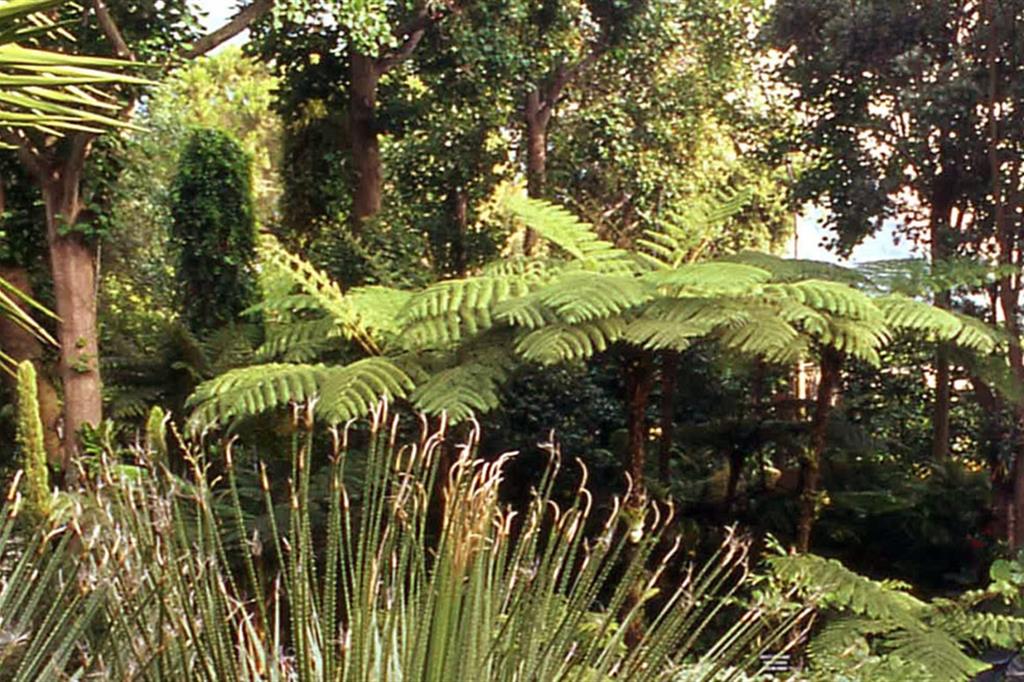
«One day,» Henri recounts, «my younger brother had an accident: transported down the river, the slowdown caused by the plant delayed his arrival at the hospital. This tragedy called me to action.» Henri shares a lot about the potential use of hyacinth, based on years of study. The compost that is obtained from water hyacinth indeed has significant characteristics. The root extract can be used as a fertilizer. It can also be used to produce biogas and paper (especially from the stems). Lastly, from the leaves and stems, black charcoal is obtained that can be used to produce, for example, inks and paints.
The company where Henri Totin works with 11 other young people also provides training and the diffusion of this practice. «Our center offers training courses in about 40 villages, directed mainly to young people and women, on the uses of the hyacinth plant. Beninese farmers have found this practice easy and convenient right away. The use of organic fertilizers has improved the quality of their crops significantly.»
It is a kind of poison transformed into what Henri calls green gold. In fact, the figures prove him right: «Since 2015, more than 1, 450 young green entrepreneurs and 240 producers have been trained; 3, 550 farmers in Bonou, Dangbo, Adjohonu and other villages use hyacinth derivatives. River navigation is improved and the risk of flooding is reduced; there is an improvement in water quality and biodiversity, reduction in the use of chemicals, fertilizers and pesticides and their impact on health. Forty-five percent (45%) of the households use charcoal made from hyacinth, to give a few examples.»
This story has much to tell us: transforming personal pain into social commitment, turning a limitation into an opportunity. But first and foremost: protecting the common good. The use of hyacinth became a common good that Henri wanted to share with his community and beyond. Fighting a common evil requires a common good, the sharing of knowledge, the commitment of a community.
The JEVEV’s international collaborations are numerous, including the United Nations. «We are working on an online platform to promote the best practices and the use of new green technologies to foster entrepreneurship and youth employment. We also expect stronger policy statements concerning the use of chemical fertilizers and activities to support entrepreneurs who promote environmental protection and social equity.
We also expect Henri in Assisi this coming September 2022. For groups like JEVEV in Africa, the road is long, the recognition is slow and the competition is too uneven. But the hope of these young entrepreneurs who dare to change, without delaying or delegating, is strong. And it is not in vain.

